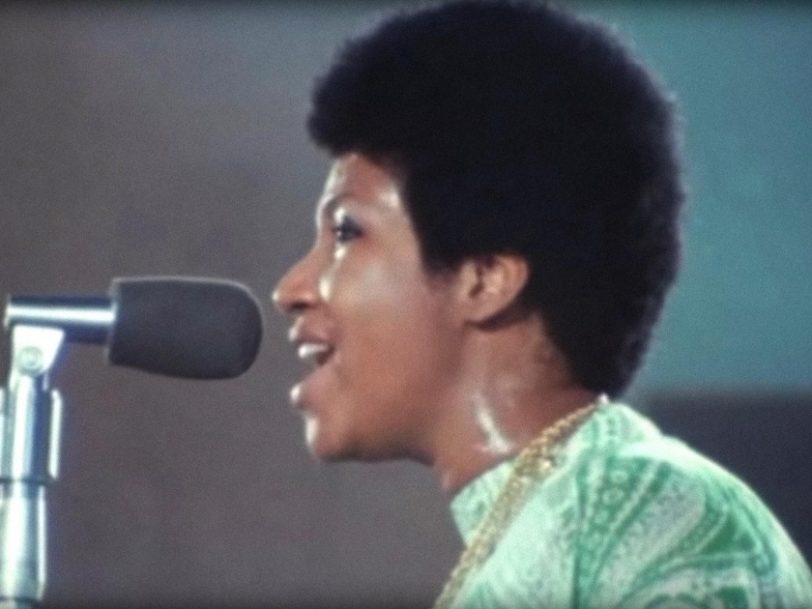Released in January 1972, Young, Gifted And Black was Aretha Franklin’s first studio album for 17 months – a long gap for a singer who almost routinely released two excellent records a year, even three in the incredible flush of creativity that was her breakthrough year of 1967. Yet Franklin hadn’t exactly been twiddling her thumbs, except on her piano: this album was sandwiched by two in-concert recordings, 1971’s Live At Fillmore West and the gospel miracle that was Amazing Grace, recorded the same month Young, Gifted And Black was released.
Young, Gifted And Black covers a lot of ground, taking in tracks recorded as far back as the summer of 1970, five of them singles. And it features a lot of songs that had been hits for other artists. But the album hangs together like birds of a feather, and Aretha’s unique magic revives those songs in a way few other artists could.
Listen to ‘Young, Gifted And Black’ here.
The sound of a woman reborn
There were a few changes this time around. Having established herself as one of the best 60s female singers[https://www.thisisdig.com/feature/best-60s-female-singers/], Franklin is not in full-on, soul-in-your-face mode for most of the album. The opener, Jim Doris’ Oh Me Oh My, is a prime example: this is a more delicate Aretha, reserving her wailing for the song’s peaks and performing in a subtly romantic style she had only very occasionally touched since her patchy Columbia records of the first half of the 60s.
Young, Gifted And Black’s biggest hit was highly intimate. The gorgeous, self-penned Day Dreaming finds Franklin full of desire as she reflects on a lover’s charms. It went Top 5 in the US in 1972 and charted high on the soul and easy listening listings; Franklin had all bases covered. She also wrote another single from the album, All The King’s Horses, which again prizes tenderness over testification, while another original song, First Snow In Kokomo, is the winter warmer you didn’t know you needed – a soothing glow in a frosted landscape.




